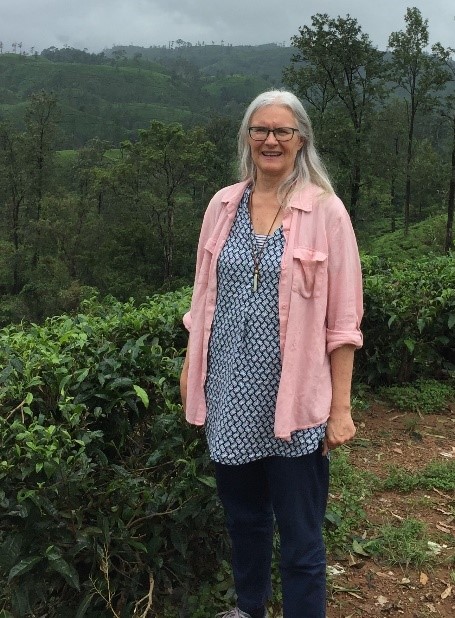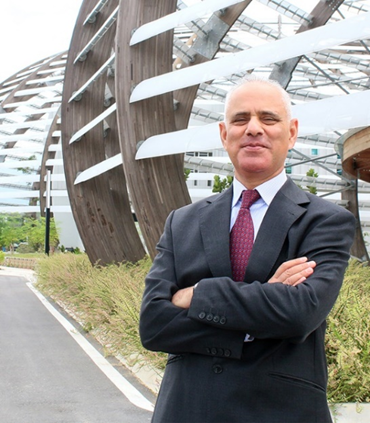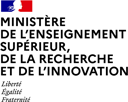CONSERVATION AND SUSTAINABLE USE OF HORTICULTURAL GENETIC RESOURCES
VI International Symposium on Plant Genetic Resources
IV International Symposium on Horticultural Crop Wild Relatives




Sudhir Ahlawat , India ; Yufen Cao , China ; Lamis Chalak, Lebanon ; Patricia Dávila Aranda, Mexico ; Hannes Dempewolf , Canada ; Ehsan Dulloo , Mauritius ; Florence Esnault, France ; Michel Grisoni, France ; Colin Khoury, USA ; Svetlana Kushnarenko , Russia ; Mario Marino, Italy ; Efisio Mattana, UK ; Sean Mayes, UK ; Arshiya Noorani , India ; Chris Ojiewo, Kenya ; Michel Roux Cuvelier, France ; Philippa Ryan, UK ; Rebecca Stevens , France ; Wolfgang Stuppy, Germany ; Muhabbat Turdieva , Uzbekistan ; Maarten Van Zonneveld, The Netherlands ; China Williams, UK ; Hugh Pritchard, UK
Sustainable, resilient horticultural systems and improved nutrition depend on the conservation and sustainable use of crop diversity. Promoting the sustainable production and consumption of horticultural diversity can improve the livelihoods and nutritional status of both urban and rural dwellers. Many horticultural crops are sidelined by mainstream agriculture today, in spite of their potential contribution to people’s livelihoods, their nutritional value and potential role in climate change adaptation. In addition, these resources are being eroded through changes in agricultural practices and in dietary preferences, destruction or fragmentation of habitats, climate change and other factors. There is, therefore, a pressing need to conserve horticultural diversity on-farm as well as securing their crop wild relatives and wild edible fruits and vegetables in situ and in complementary ex situ programs. Surveying, inventorying, and monitoring are the key initial steps for identifying, prioritizing and managing horticultural genetic resources. The development of novel, well-adapted and productive crops is important for pre-breeding programs and the selection of genetic material. These activities require promoting increased capacities across the different stakeholders who contribute to the conservation and sustainable use of horticultural genetic resources. There is also a need to integrate traditional management practices and ethnobotanical approaches while promoting the development of novel approaches and technologies. Linking these elements together, streamlined strategies and policies are necessary for ensuring the conservation and sustainable use of these resources while promoting partnerships at national, regional and international levels is crucial for greater impact and uptake of best practices.
The following topics will be developed during the symposium:
• Conservation and management of horticultural genetic resources on-farm
• Securing crop wild relatives of horticultural genetic resources and wild edible plants in situ and in complementary ex situ programs
• Surveying, inventorying, and monitoring horticultural genetic resources for effective conservation and management
• Pre-breeding and predictive characterization of wild horticultural germplasm
• Promoting horticultural genetic resources for the development of novel crops in support of the Sustainable Development Goals
• Improved resilience and nutrition through traditional management of horticultural genetic resources and ethnobotanical approaches
• Novel approaches and technologies applied to the conservation and sustainable use of horticultural diversity
• Strategies and policies for the conservation and sustainable use of horticultural genetic resources in the context of climate change
• Building partnerships and capacities for sustainable horticultural production to increase impact.
If you need help for your abstract please contact :
t.ulian@kew.org
raphael.morillon@cirad.fr








